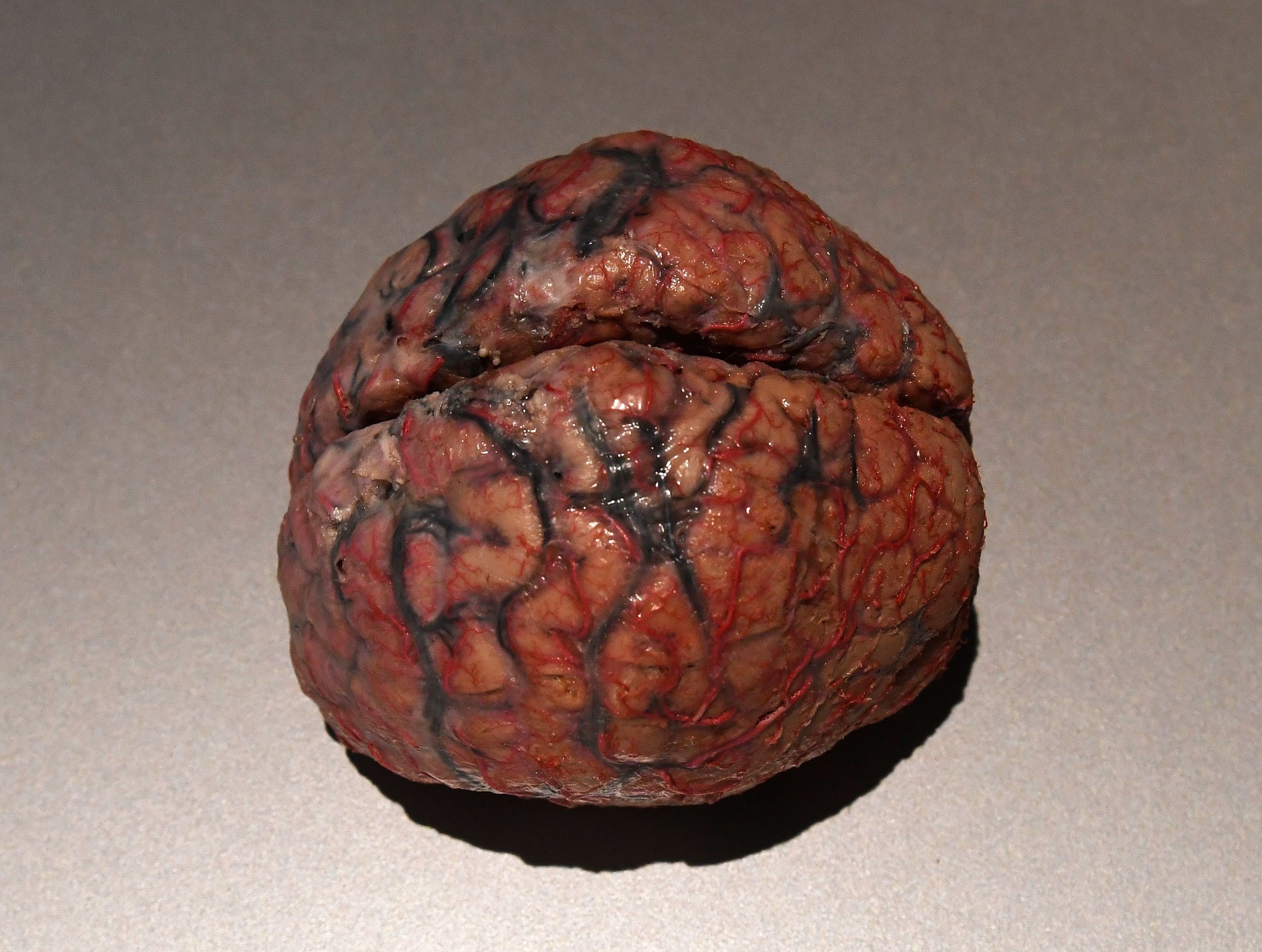
Updated |A new study published online in Acta Neuropathologica suggests that eight young adults who developed serious brain plaque buildup may have been "infected" with amyloid proteins via dirty medical instruments during brain surgeries in their youth.
Brain plaque buildup is one of the most recognized characteristics of Alzheimer's disease, as well as other neurodegenerative diseases, such as Creutzfeldt-Jakob Disease (CJD), also known as "human" mad-cow disease, New Scientist reported. Eight patients in England experienced brain plaque buildup caused by excessive amyloid proteins so severe it caused blood vessels in their brain to burst. Although none of the patients developed Alzheimer's disease, the unusual plaque levels in such young patients could give insight into the neurodegenerative disease and suggest that the condition may spread from person to person.
Related: Alzheimer's Disease Is Completely Reversed By Removing Just One Enzyme In New Study
Researchers from University College London reviewed the cases of eight young patients who had experienced cerebral amyloid angiopathy (CAA), a condition where amyloid proteins build up in blood vessels in the brain. Not only are both CAA and Alzheimer's disease both characterized by brain plaque buildup, but both illnesses are also found in much older patients. All eight patients were under 60-years-old, therefore not yet at risk for brain plaque buildup. In addition, none of the patients were at predisposed genetic risk for this disease, New Scientist reported. Instead, the researchers found these patients shared one salient common factor: brain surgery during adolescence.
Lead researcher Sebastian Brandner, a professor of neuropathology at University City London and his UCL team, hypothesized that the amyloid proteins may have been transferred into the patients' brains during surgery by hitching a ride on surgical instruments that had not been cleaned well enough, New Scientist reported.
Related: Alzheimer's Science Shocked By Discovery That Key Protein Behaves Like An Infection
The theory is that medical instruments previously used on Alzheimer's patients were then used on these young adults. If the tools were not properly cleaned, amyloid proteins from the Alzheimer's patients could then be transferred to other patients operated on with the same tools.
Brandner told Newsweek that there are no other risk factors that can explain such early onset CAA, and this suggests that transfer of proteins via medical tools is likely why these patients developed the disease so young.
"Brain surgery is so far the most likely cause," said Brandner. "In theory other routes are thinkable, but we have no evidence."
In addition, according to Brandner, if CAA can be transferred between patients by medical tools then the same may hold true for Alzheimer's disease. However there is no evidence to suggest this yet.
This is not the first time researchers have proposed that brain proteins can be transferred from patient to patient via surgery. A 2015 study also led by Brandner also suggested that fragments of sticky amyloid proteins spread among patients through contaminated surgical tools, The Guardian reported.
Brain protein buildup in young people is rare but not completely unheard of. Another study from 2015 suggested that plaque buildup in young people could simply be a sign that the "resource" and "machinery" needed to make these protein clumps already exist in young people.
"The implication appears to be that if we want to prevent these clumps from forming when a person becomes old, we may need to intervene much earlier than we have thought, to try and get rid of amyloid very early in life," the 2015 study co-author Changiz Geula, a professor at the Northwestern University Feinberg School of Medicine in Chicago who focuses on Alzheimer's disease, told CBS News.
Updated: This article has been updated to include additional information and quotes from Sebastian Brandner.
Uncommon Knowledge
Newsweek is committed to challenging conventional wisdom and finding connections in the search for common ground.
Newsweek is committed to challenging conventional wisdom and finding connections in the search for common ground.
About the writer
To read how Newsweek uses AI as a newsroom tool, Click here.








